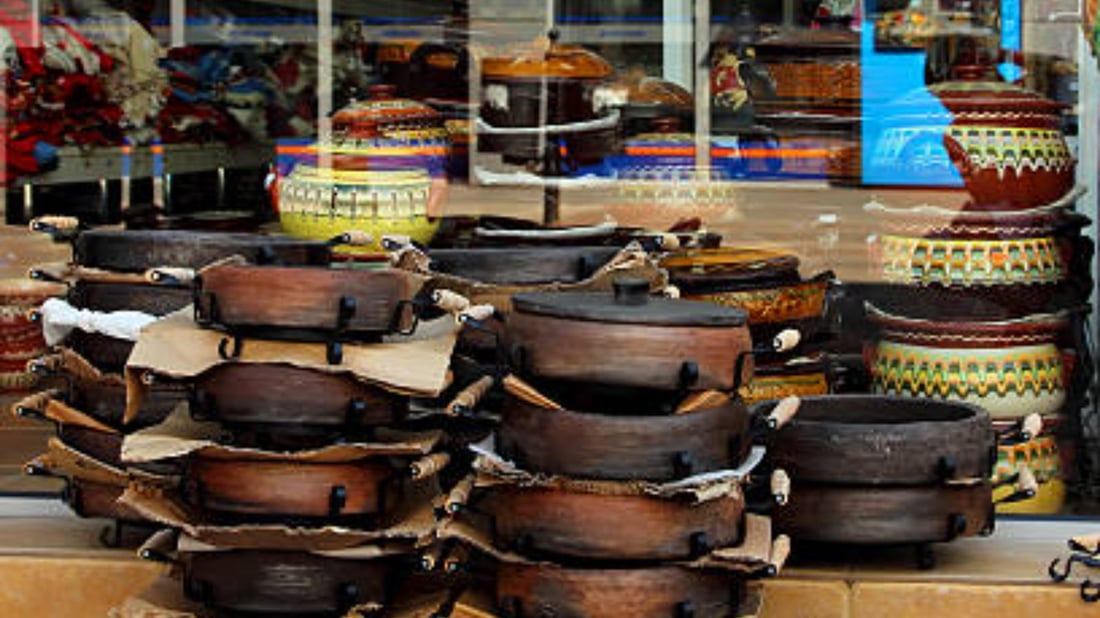How to choose pots suitable for induction cookers??
Induction cookers have become a popular choice for many households. They are energy-efficient, safe, and easy to use. But one of the challenges that many people face is choosing the right pots for induction cookers. Induction cookers use magnetic fields to heat the cookware, which means not all pots are suitable for this type of stove. In this article, we'll give you some tips on how to choose pots that are suitable for induction cookers.
1. Material Matters
When it comes to choosing pots for your induction cooker, the material matters a lot. Pots made from magnetic materials such as cast iron and magnetic stainless steel are suitable for induction cookers. Avoid pots made from aluminum, copper, glass or non-magnetic stainless steel as they won't work on an induction stove.
2. Check the Bottom of the Pot
The bottom of the pot must be flat and smooth to make sure that it makes good contact with the induction cooker's surface. Induction cookers use magnetic fields to generate heat, and a warped bottom or a pot with protrusions will interfere with the heat transfer. Also, look for pots that have a thick bottom as they conduct heat more efficiently and are less likely to warp over time.
3. Size Matters
Make sure that your pot is the right size for your induction cooker. The pot's diameter should be the same as the diameter of the induction cooker's heating element. This ensures that the pot receives an even distribution of heat. Avoid using pots that are too small or too large for the induction cooker as this can lead to uneven cooking or damage the stove.
4. Weight of the Pot
The weight of the pot is also an important factor to consider. Cast iron pots are very heavy, and they can damage your induction cooker's surface if you are not careful. Avoid dragging heavy pots on the surface of the stove. Also, keep in mind that the weight of the pot affects its heat retention capability. A heavier pot takes longer to heat up, but retains heat longer, which is great for slow-cooking recipes.
5. Quality of the Pot
It's important to invest in high-quality pots that will last you a long time. High-quality pots made from magnetic materials such as cast iron and magnetic stainless steel are more durable and offer better heat distribution. Although they may be more expensive, they are worth the investment in the long run.
6. Look for the Induction Symbol
Some manufacturers indicate whether their pots are suitable for induction cookers by using an "induction symbol" on the packaging or product itself. Look for this symbol when purchasing new pots for your induction cooker.
7. Opt for Cookware Sets
If you're starting from scratch and need to purchase multiple pots, consider buying a cookware set that includes pots specifically designed for induction cookers. This will save you time as you won't have to research each pot individually to see if it's suitable for your stove.
8. Consider the Shape of the Pot
The shape of the pot is also something to consider. Round pots work better on induction cookers than square or rectangular pots, as they distribute heat more evenly. If you need to use square or rectangular pots, make sure they have rounded corners, so the heat can distribute more effectively.
9. Consider Your Cooking Needs
Think about what you'll be using your pots for and purchase accordingly. If you're going to be baking in the oven, make sure the pot is oven-safe. If you're going to be cooking acidic foods such as tomatoes, avoid using cast iron pots, as they can react with acidic foods and alter the taste of the food.
10. Maintenance of Your Pots
Finally, it's important to maintain your pots properly to ensure they last a long time. Clean them thoroughly after each use and store them in a dry place. Avoid using abrasive cleaners or metal utensils that can scratch the surface of the pot. It's also a good idea to periodically check the bottom of the pot for warping or damage that can interfere with its contact with the induction cooker's surface.

